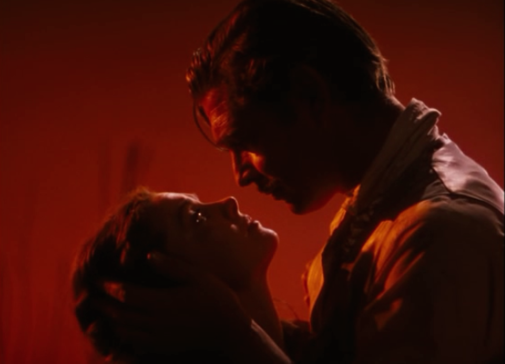by Seán McGovern

With the recent news of Ed Skrein's departure from Hellboy, cinema goers as well as actors are becoming increasingly aware of the sensitivities of depicting race on screen. For 34 years the Orpheum theatre in Tennesse has shown Gone With the Wind in its summer programme. Screening the evening of August 11, just before the racist violence in Charlottesville, the theatre received numerous complaints of screening a work with highly romanticised visions of the Old South, and black characters who exist without any acknowledgement that they are slaves.
The Orpheum has decided to forego screening the film in 2018...
“The recent screening of Gone With the Wind at the Orpheum on Friday, Aug. 11, 2017, generated numerous comments,” Brett Batterson, of the Orpheum Theatre Group said in a statement to the New York Times. “The Orpheum carefully reviewed all of them. As an organization whose stated mission is to ‘entertain, educate and enlighten the communities it serves,’ the Orpheum cannot show a film that is insensitive to a large segment of its local population.”
Naturally the decision by the organisation generated different responses, with many applauding their decision and others claiming it as censorship. The legitimate debate surrounding GWTW is how its deeply problematic elements are handled when considering that it is still the highest grossing film in history (when adjusted for inflation) and boasts one of the greatest female performances of all time. One supporter of the Orpheum's choice to pull the film remarked that "those angered can find other ways to watch the film while remaining supporters of your important and unique business.”
While contemporary audiences are much better at revising our understanding of depictions of race in popular film (The Searchers, Breakfast at Tiffany's just two examples), there is already a historical precedent of films literally being revised and resissued. Take for instance the inclusion of "Sunflower" in Fantasia (1940). The character of the small black centaur, presented completely antithetically to the radiant white centaurs was completely erased for the 1960 re-release and has been completely excised today. The problem with GWTW is that it's not a matter of a few scenes, but a problematic romanticisation that cannot be managed by a quick re-edit.
There are many more examples even from the Disney vault that invite our attention - how many more films over the last 100 years need the same revaluation?